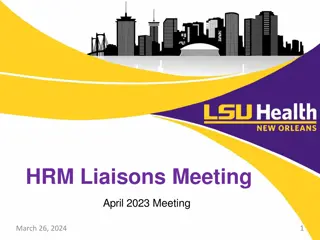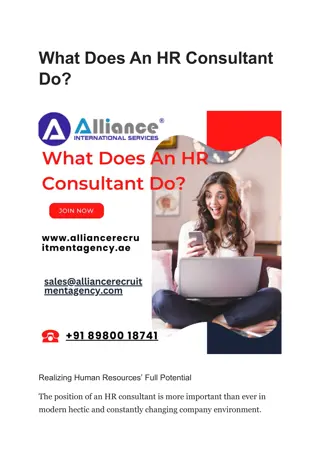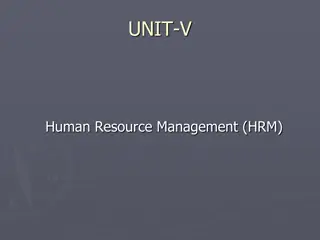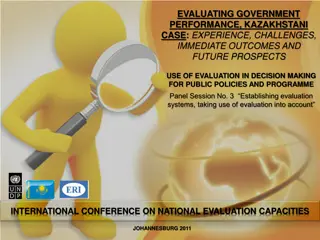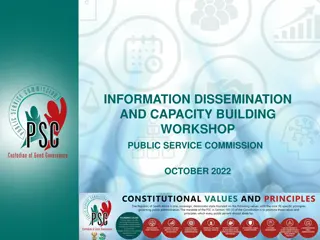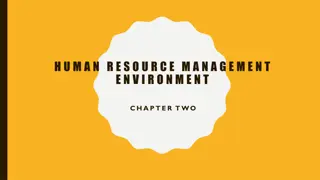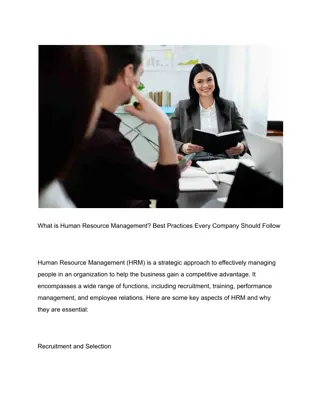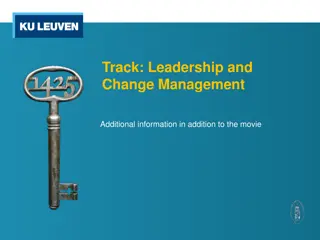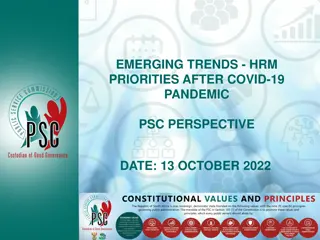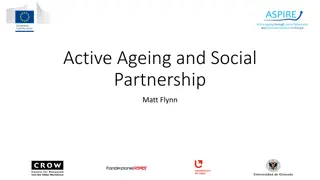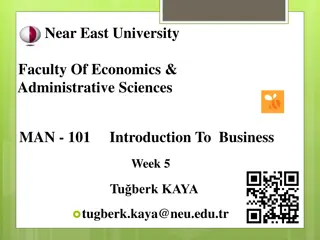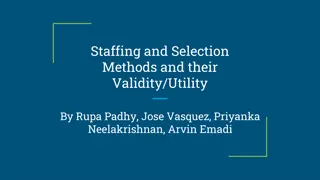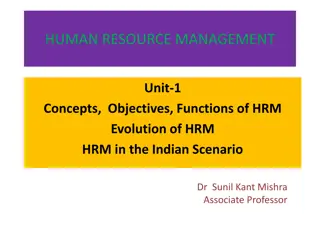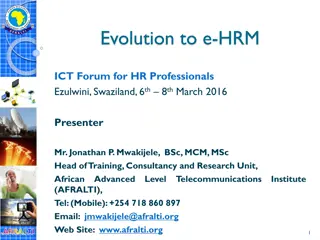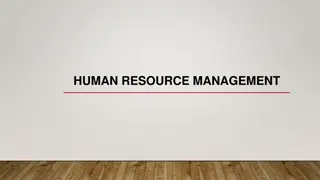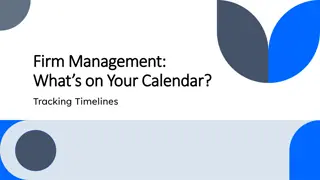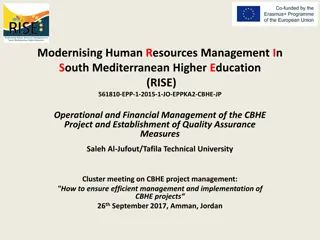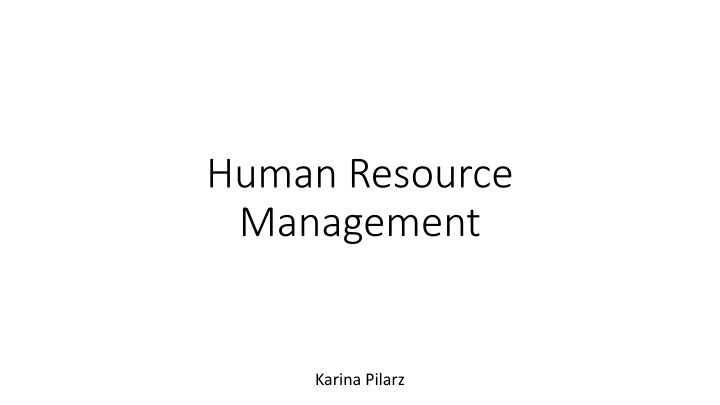
Effective CV Writing Tips and Job Search Strategies for Success
"Discover the essential aspects of crafting a compelling CV and mastering the job search process with insights on online recruitment, assessment centers, and outsourcing. Learn how to create a standout CV, what to include, and how to enhance your job search techniques for better career opportunities."
Download Presentation

Please find below an Image/Link to download the presentation.
The content on the website is provided AS IS for your information and personal use only. It may not be sold, licensed, or shared on other websites without obtaining consent from the author. If you encounter any issues during the download, it is possible that the publisher has removed the file from their server.
You are allowed to download the files provided on this website for personal or commercial use, subject to the condition that they are used lawfully. All files are the property of their respective owners.
The content on the website is provided AS IS for your information and personal use only. It may not be sold, licensed, or shared on other websites without obtaining consent from the author.
E N D
Presentation Transcript
Human Resource Management Karina Pilarz
ADVANTAGES DISADVANTAGES ONLINE RECRUITMENT ASSESSMENT CENTRE OUTSOURCING
Lets start with a discussion! What s a CV? What to include in your CV? To zdj cie, autor: Nieznany autor, licencja: CC BY
Job search Job search is the process of gathering information about potential job opportunities; it is the individual corollary of recruiting and together they form the basis for successful person job matching; job search is sequential, and jobs preestablished standards on a few important criteria, such as: the nature of the work required, the rewards the job offers, the degree of person organization requirements, values, personality, or needs. are evaluated against fit based on job
CV short for the Latin phrase curriculum vitae meaning course of life ; is a detailed document highlighting professional and academic history; typically includes information like work experience, achievements and awards, scholarships or grants, coursework, research projects and publications; typically two or three pages long (can be much longer for mid-level or senior job applicants).
CV format Contact information Academic history Professional experience Qualifications and skills Awards and honors Publications Professional associations Grants and fellowships Licenses and certificates Volunteer work Personal information (optional) Hobbies and interests (not necessary but appreciated) CV sections
How to write a CV Include your contact information Detail your academic history in reverse-chronological order Record your professional experience Include relevant skills and qualifications List honors and awards Include relevant publications and presentations List your professional associations and affiliations Check your CV for errors
CV mistakes Having spelling errors and bad grammar (you can put your application through a spell and grammar checker); Exaggerating the truth/lying (never assume that recruiters won t make enquiries to corroborate the facts); Poor formatting (you need to pay close attention to detail); Making CV too long (more than 1-2 pages); An unoriginal personal profile (writing a short personal statement at the top of a CV is essential, it should give an idea to a prospective employer of the type of person, work ethic, values); Putting the wrong contact information, using an inappropriate email address; Not including hobbies and interests (hobbies can show teamwork, leadership, time management and communication skills); Not tailoring CV to the specific role. To zdj cie, autor: Nieznany autor, licencja: CC BY-SA-NC
Resume A CV and resume are similar they re both documents that summarize your professional history, education, skills and achievements; primarily in the United States resumes and CVs are not interchangeable; a resume is typically a one-page document that provides a concise overview of your previous roles, skills and details about your education you can call it abstract or summary ; a CV typically a longer, more detailed document focused largely on academic coursework and research; however, for example in India, South Africa and Australia, the terms CV and resume are interchangeable.
Cover letter A cover letter is a document sent alongside your CV when applying for jobs; it acts as a personal introduction and helps to sell your application; a cover letter is necessary as it gives you the chance to explain to an employer why you're the best candidate for the job; you do this by highlighting relevant skills and experience; therefore you should always write your cover letter with the position you're applying for in mind; cover letters should complement your CV but not duplicate it; typically three to five short paragraphs, cover letters should not exceed one A4 page. To zdj cie, autor: Nieznany autor, licencja: CC BY-NC-ND
How to address a cover letter Always try and address your cover letter directly to the person who will bereadingit; you'remorelikelytoreceivea replyif yousenditto therightperson; if you're struggling to find a named contact you can use a general greetingsuchas: Dear Sir/Madam, DearHiring Manager, DearHumanResourcesDirector; general greetings should only be used once you have exhausted methods of findinga namedcontact.
Job Job interview interview
The employment interview is defined as a dialogue initiated by one or more persons to gather and evaluate information on the qualifications of a job applicant. Except for reference checks and application blanks, this is the most frequently used technique of personnel selection. Even when other selection procedures are used, information often influences the final decision only after it has been filtered through interviewer judgments.
How to prepare for a job interview 1. Read and review the job description (a list of the qualifications, qualities and background the employer is looking for in an ideal candidate) 2. Consider why you are interviewing (you should be prepared to explain your interest in the opportunity and why you re the best person for the role) 3. Research the company (company website, culture, competitors) 4. Consider your answers to common interview questions (Why do you want to work here?, What are your greatest strengths?) 5. Plan your journey to the job interview (make sure you arrive on time, search the location in advance)
How to act in a job interview It s important to make great first impression Make sure your clothes are clean, ironed and presentable Make eye contact (this will signal your confidence) Sit still, with your feet firmly on the ground (this will help you maintain your posture and avoid fidgeting) Remember your CV details Make a note of your questions Don t volunteer your weaknesses Don t criticise your current or previous employer
https://www.youtube.com/watch?v=uG2aEh5xBJE https://www.youtube.com/watch?v=hrZSfMly_Ck https://www.youtube.com/watch?v=HG68Ymazo18
Job loss - outplacement Outplacement is the process by which an individual whose employment has been terminated makes the transition from one employer to another work situation with the assistance of reemployment professionals and appropriate support services, provided by the former employer; in its most basic form, the purpose of outplacement is to help a terminated employee find a new job or career; while assistance is offered, the responsibility for finding a new job or changing careers remains with the employee; in addition to job and career counseling, outplacement services typically include some form of emotional support and assistance in coping with the stress of job loss.
Outplacement is a well-established service in the UK, adopted by thousands of responsible organisations who recognise the importance of supporting employees as they leave the business. Historically, outplacement was predominantly focussed on those in senior positions but in a modern context, organisations now provide employees with Outplacement Support at all levels and grades.
Outplacement support is there to help employees move on quickly and effectively, helping with a broad range of areas including: Establishing career priorities and assessing their options Developing their own personal career plan Revitalising their personal brand Networking their way to success Preparing for self-employment, interim or portfolio careers Mastering the art of modern job searching Creating great CVs that get them noticed Transforming their interview performance Harnessing the power of LinkedIn Preparing for retirement of the Third age of their careers
Why is outplacement important? OUTPLACEMENT SERVES THREE MAIN INTERRELATED PURPOSES FOR ORGANIZATIONS: creating a positive company culture. strengthening brand reputation, reducing business costs,
Tasks Prepare short answers to common interview questions (choose 3): Why do you want to work at this company? Why should we hire you? What can you bring to the company? What are your greatest strengths? Write your cover letter for manager position.

